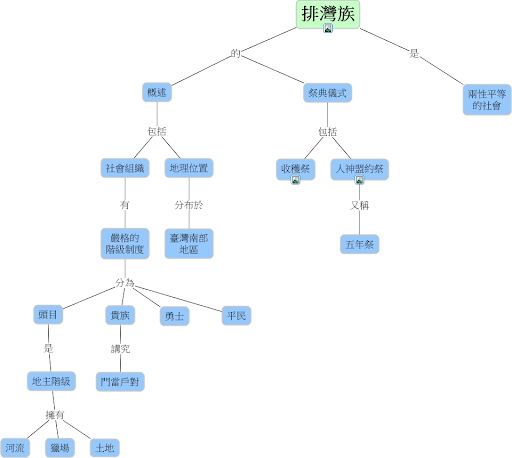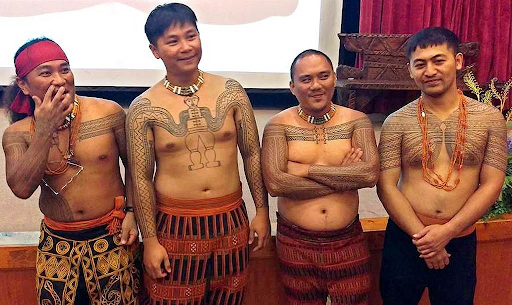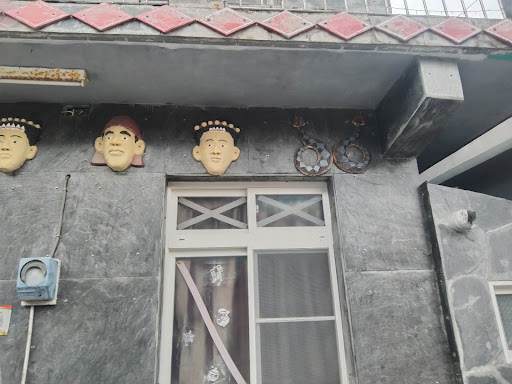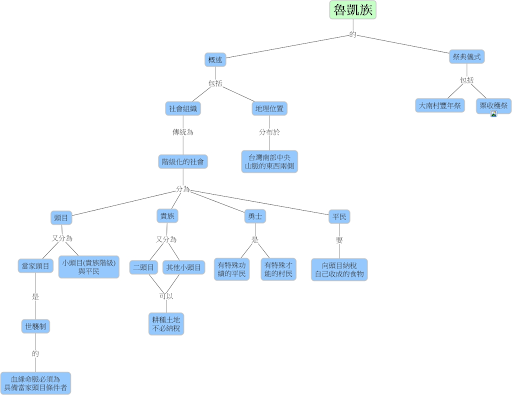Rukai class system The class society of the Rukai people is divided into four classes: traditional leaders, nobles, nobles, and commoners. Each class can enjoy different rights. Traditional leaders and aristocrats have higher social status and possess more land resources. They have the right to expropriate land and forest taxes from their clansmen, as well as totem tattoos on their bodies and carvings on their houses. Gentlemen The gentry class is between nobles and ordinary people. They are villagers with outstanding achievements or special talents. They have special rights granted by traditional leaders, such as tax exemption and wearing wreaths. The inheritance of the gentry class is affected by the eldest son succession system, only the eldest son can inherit as the gentry class, and the rest are common people. Before the common people can perform various tasks, such as cutting wood, getting married, crossing roads, brewing wine, etc., they need to pay part of the tax to the traditional leaders. After performing specific ceremonies and paying specific taxes, commoners can also obtain special rights, such as the right to use tattoo patterns on the body, the right to decorate lilies, the use of clothing pattern decoration, and the use of some personal names.
Social system
Paiwan marriage system The marriage system of the Paiwan Buchaoer subgroup is called the eldest son inheritance system, that is, the first-born child in the family inherits the family, and it is called the dual-line system because there is no distinction between men and women. When the marriage is signed, the non-eldest heir will live in the eldest heir's family; The affairs of the two families are handled, and the children inherit the property and affairs of the two families. The marriage relationship of the Paiwan people is also one of the conditions for determining social status. If a commoner marries a nobleman or a leader, because they become close relatives of the nobleman, their own dignity will also increase. At the same time, the class of their children will also change due to intermarriage. Ravav Laval is the eldest son.Tribe and leader The leader of the Paiwan tribe is hereditary from the eldest heir of the family line. Predominance of social status, property and entitlements, ownership of tribal lands, rivers and hunting grounds. The leader leads the nobles, wizards, gentry, and hiraming families in the tribe, and takes care of all the people of the tribe; the tribe people also donate part of their daily work income to the leader. class system Class society The Paiwan people are divided into five classes: chiefs, nobles, wizards and priests, gentry, and commoners. Each class can enjoy different rights. Leaders and aristocrats have higher social status. Not only can they have head tattoos and hundred-step snake patterns on their bodies, but they also have more land resources, and they can collect land and forest taxes from the clansmen. The houses of chieftains and nobles are not only relatively spacious, but also can be decorated with carvings. The gentry class is between the nobles and the common people. Compared with the common people, they have some special rights, such as tax exemption and the use of certain names. Commoners gain the attention of leaders and tribes through their personal achievements.
-

Paiwan social class distribution map -
-

Paiwan tribal tattoos
-

Paiwan people's house -
-

House carving
-

Rukai social class distribution map -



























